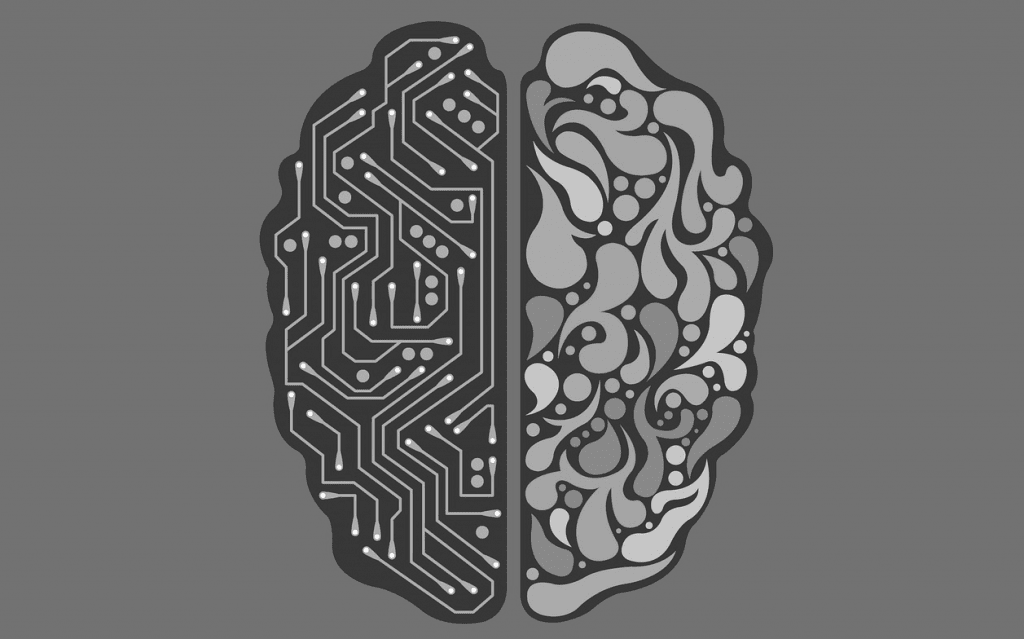I spoke at a PRCA Fellows’ Debate in London today about how AI is likely to impact the future of communications. My message was that it already is.

AI has become a catch all term to describe technology that engages with people or displays human characteristics. This is unhelpful and is contributing to hype and uncertainty around the topic.
Technology is impacting our work in a variety of ways, including the simplification of tasks; listening and monitoring; and automation.
AI takes this a step further. It’s a sophisticated application of technology whereby a machine demonstrates human cognitive functions such as learning, analysis and problem solving.
Technology and tools in comms:
I started out my career in PR thumbing through media directories and cutting out press clippings. We’ve come a long way.
Technology helps us work smarter and more effectively. It is helping us deliver more sophisticated services and should be celebrated.
At Ketchum, we routinely use tools such as Traackr to identify stakeholders and influencers.
Brandwatch helps spot patterns in thousands of social media posts, and quickly determine their sentiment. It’s essential for reputation monitoring and crisis management.
Quid analyses natural language to identify issues, popular topics and white space. Google Analytics helps prove the value of our work by enabling us to attribute outcomes.
Machine versus communications skills:
Machines are ideally suited to process large amounts of data or perform repetitive tasks.
There are more than 100 tools that are embedded in modern PR practice, according to a recent crowd-sourced exercise that I led on behalf of a panel at the CIPR in the UK.
All professions are being impacted by technology. Show me a body of knowledge and I’ll show you a machine that can turn it into a data-set.
There’s a common assertion that PR is a special case because of its reliance on human characteristics such as emotional intelligence; ethics; and interpersonal skills.
This line of argument assumes that machine intelligence will never be able to achieve this level of sophistication. It’s a debate that’s taking place among the computer and data science communities.
What we do know, thanks to a study by Jean Valin on behalf of the CIPR, is that right now 12 percent of PR skills are being assisted or impacted by AI.
Machines are already undertaking tasks such as data analysis, horizon scanning and data management, performed by practitioners starting out in their career.
Valin’s work also shows that, given the pace of software development and machine learning, the number is expected to rise to 38 percent within five years.
He predicts that by 2023, AI will impact areas including stakeholder mapping, risk analysis, auditing, and behavioural analysis.
History is repeating itself:
Technology disrupts markets in three ways: new services are created; workflow is modernised; or there’s margin improvement.
Our profession doesn’t always have a good track record when it comes to innovation at scale.
20 years ago, a company called Google was founded. It created an opportunity for a new industry to help organisations create content and build relations online.
It’s called search engine optimisation and is a growing (and near ubiquitous) area of the digital industry. It’s a market that PR initially missed because it lacked the technical skills.
History repeated itself ten years ago with the emergence of social media. Companies such as Facebook and Twitter required companies to pay to promote and amplify content.
Paid social was initially viewed as an ethically murky area for PR. Social media agencies emerged to grab the opportunity. It’s only in the last few years that the industry has made substantial inroads into this market, thanks to the integrated PESO model, short hand for Paid, Earned, Share and Owned.
Smart agencies and communication teams such as Ketchum are embracing technology and are innovating.
Take this as a call to action to investigate the opportunity to use AI and innovate in your organisation.


